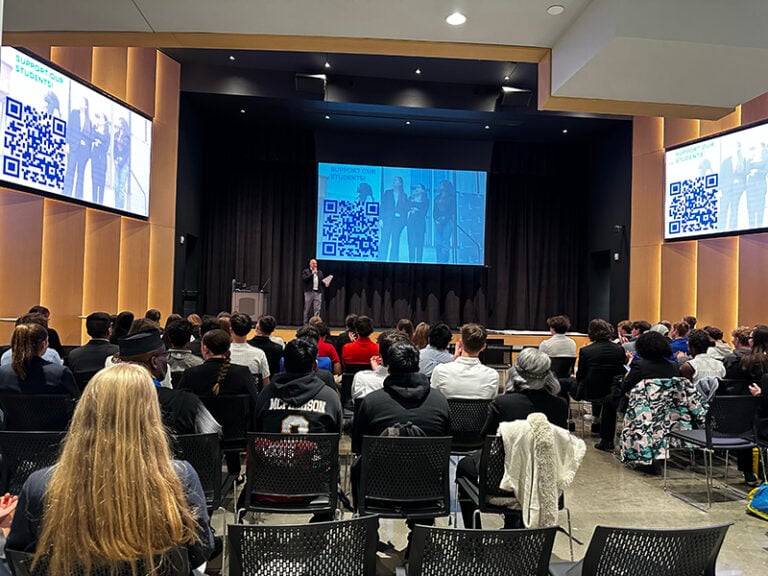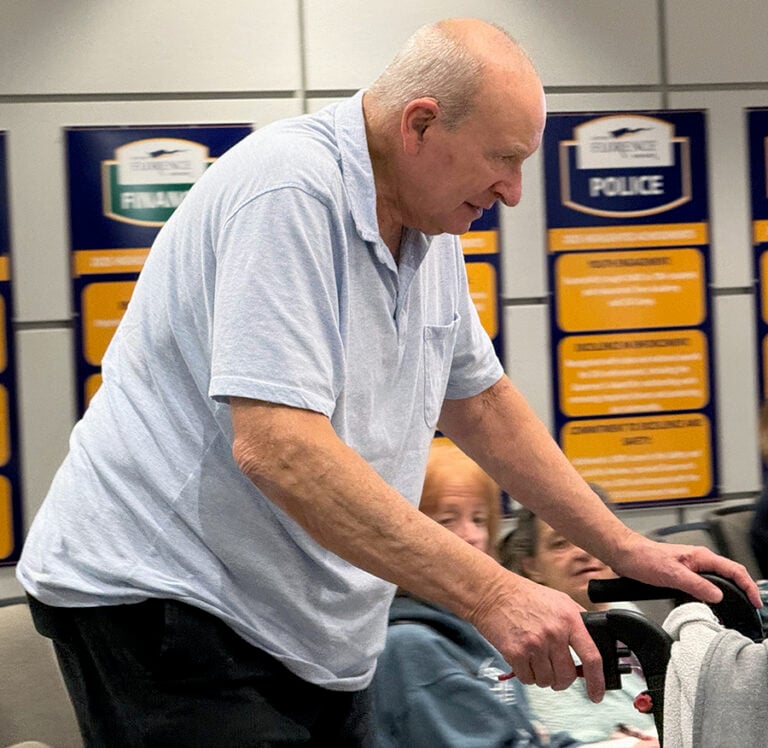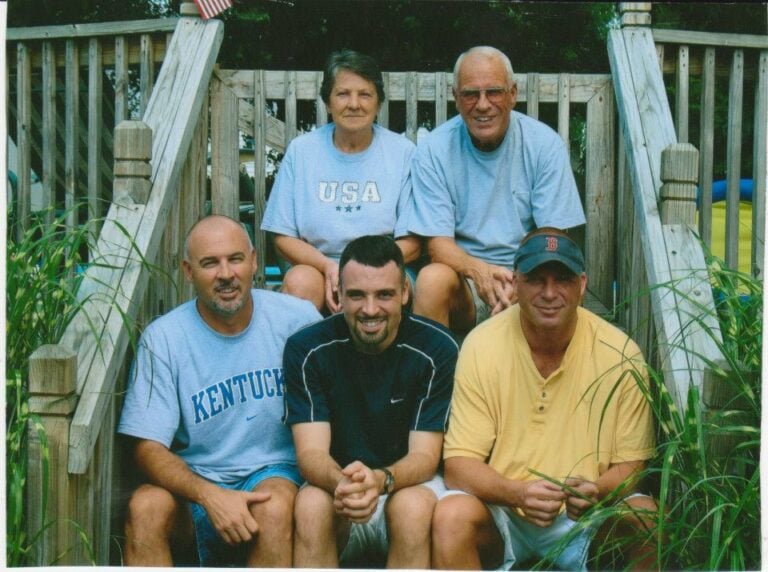U.S. Customs and Border Protection officers in Louisville announced they intercepted a shipment containing more than 7,000 pairs of counterfeit earrings.
The shipment was arriving from Hong Kong and was heading to a residence in Miami. Officers inspected the shipment, which was manifested as a “metal necklace” and weighed 56 pounds, discovering 7,319 pairs of earrings bearing the iconic Van Cleef and Arpels Alhambra design, which is a federally protected trademark.

The earrings bore unauthorized versions of Van Cleef and Arpels trademark by CBP’s Centers of Excellence and Expertise, said the agency’s trade experts. Had these goods been genuine, the shipment would have had a Manufacturer’s Suggested Retail Price of $30.37 million.
“Legitimate trade powers the U.S. economy,” said LaFonda D. Sutton-Burke, director of Field Operations, Chicago Field Office, “but counterfeit and pirated goods dampen our economic successes, fund criminal networks, and threaten consumer trust and safety. As consumers increasingly purchase from online or third-party vendors, our officers are at the frontline to guard against defrauders expecting to make money selling fake merchandise.”
For the last three years, the top commodities seized for Intellectual Property Rights (IPR) infringement with the highest total MSRP have been jewelry, watches, and Handbags/Wallets. Additionally, China and Hong Kong are consistently the top two source countries for IPR seizures. In Fiscal Year 2024, seizures from China and Hong Kong accounted for approximately 90 percent of the total quantity seized.
Commonly, these goods are sold in underground outlets and on third party e-commerce websites. Counterfeit commodities fund smugglers and members of organized crime. Consumers often believe they are buying a genuine product but soon realize the item is substandard.
Intellectual property theft is not a victimless crime, according to CBP.
Victims are American consumers, businesses, trademark holders and people who manufacture and sell legitimate products.
While it may seem harmless to buy a knock-off purse, an inexpensive electronic device or cheaper medication, these trade practices threaten the public’s health and safety, the U.S. economy and national security by introducing harmful and banned materials into counterfeit products and supporting illegal labor practices.
U.S. Customs and Border Protection

















